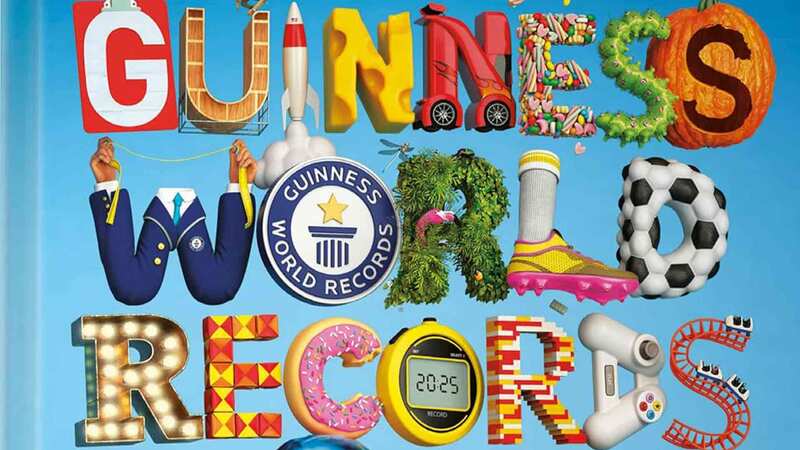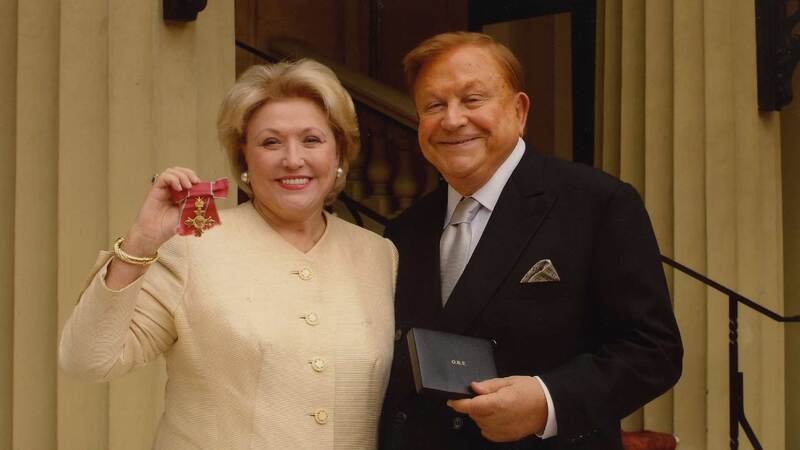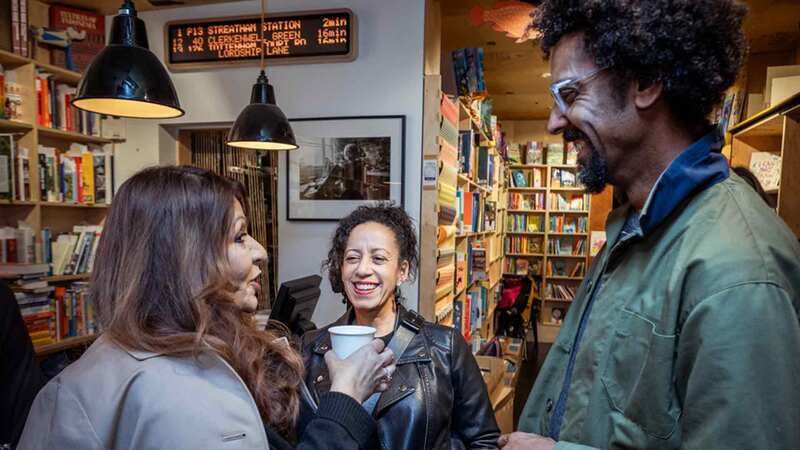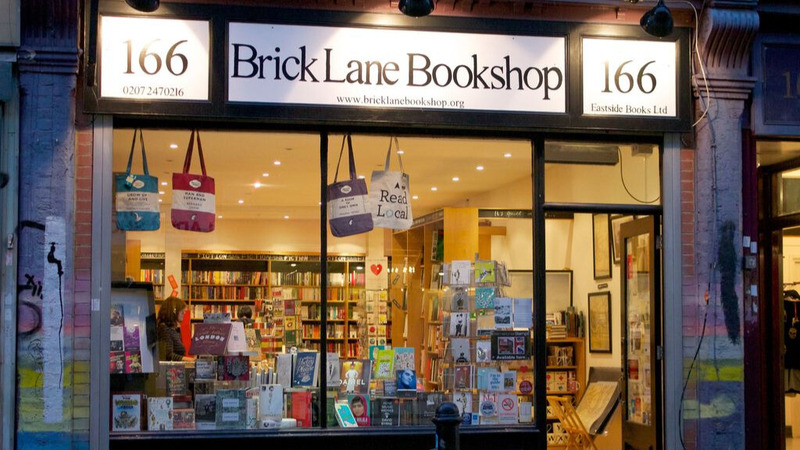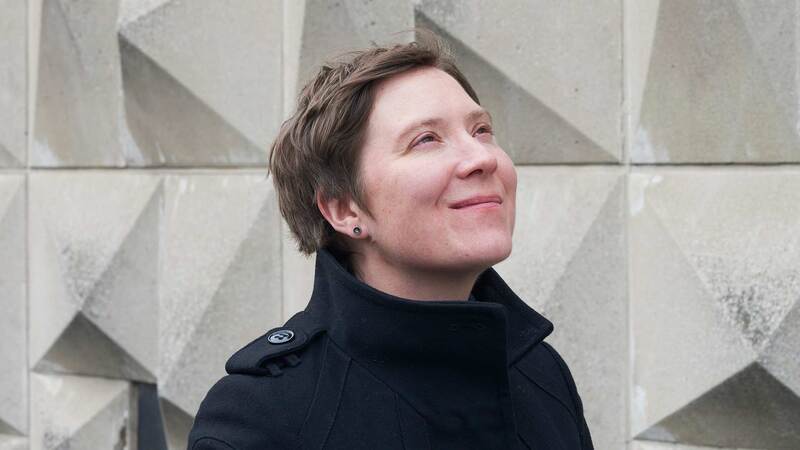You are viewing your 1 free article this month. Login to read more articles.
The History Press lands 'enthralling account' of hidden war stories from Pearson
The History Press has landed an "enthralling account" of hidden war stories from Berlin-based university lecturer and cultural historian Joseph Pearson.
Simon Wright, commissioning editor, acquired UK and Commonwealth rights, excluding Canada, to My Grandfather’s Knife: And Other Stories of War and Belongings from Annabel Merullo at PFD. PFD sold Canadian rights to HarperCollins Canada and worldwide Spanish rights to Critica. It will be published in hardback and e-book in April 2022.
The publisher said the book is an “an extraordinary and intimate history of life under Nazi Germany”. Each chapter examines an object and its owner, demonstrating how everyday objects from the past bring to life human stories from the Second World War. It begins with Pearson's own grandfather’s bayonet before turning to a diary in code, a recipe book, a stringed instrument and a cotton pouch.
"Gradually the original owners of all five objects come into view – a fresh-faced prairie boy, a star-crossed romantic, a capable young cook, a musician wounded at the front and a Holocaust survivor. As we delve into these past lives, many of them testaments to violence and cruelty, Joseph Pearson forces us to ask what dangers lurk when living witnesses of war are replaced by the everyday objects they owned," the publisher said.
Pearson said: "The story began when my late grandfather’s knife, a gruesome, swastika-emblazoned thing, accidentally arrived in the post in a box of belongings. Importing Nazi paraphernalia, unless as objects for research, is illegal in Germany, where I live. To get around the law, I was forced to uncover the bayonet’s surprising, devastating story. My discoveries moved me to start asking elderly neighbours, friends and acquaintances the same question: what everyday object tells your war story? I wrote the book to share both the intrigue of the detective work but also the dangers behind each of these otherwise silent things."
Wright said: "The real-life stories in My Grandfather’s Knife are extraordinary in their own right. But what I loved most about the book are the questions it raises about history and memory, and the power that objects can hold over both. By using unassuming belongings as his entry point into the past, Pearson reminds us of the countless war stories that have already been lost. He is a major new talent in history writing and I can’t wait to publish his book."
Merullo added: "Joseph's fascinating and rigorous 'object history' approach, combined with his deeply human handling of the real people behind the belongings, makes his book as moving as it is illuminating. His focus on the importance of memory, and the dangers that lurk when our memories become lost or distorted, is enduringly vital, and I am so pleased to be working with The History Press to bring Joseph's work to readers."




